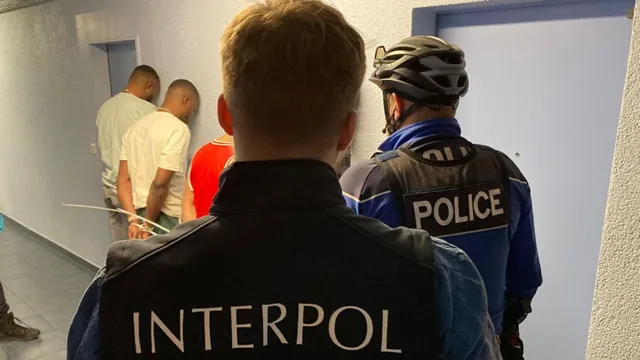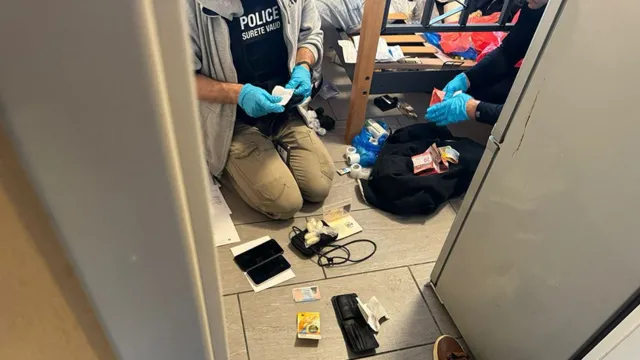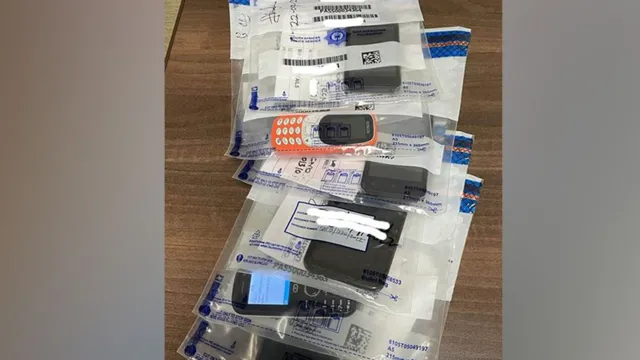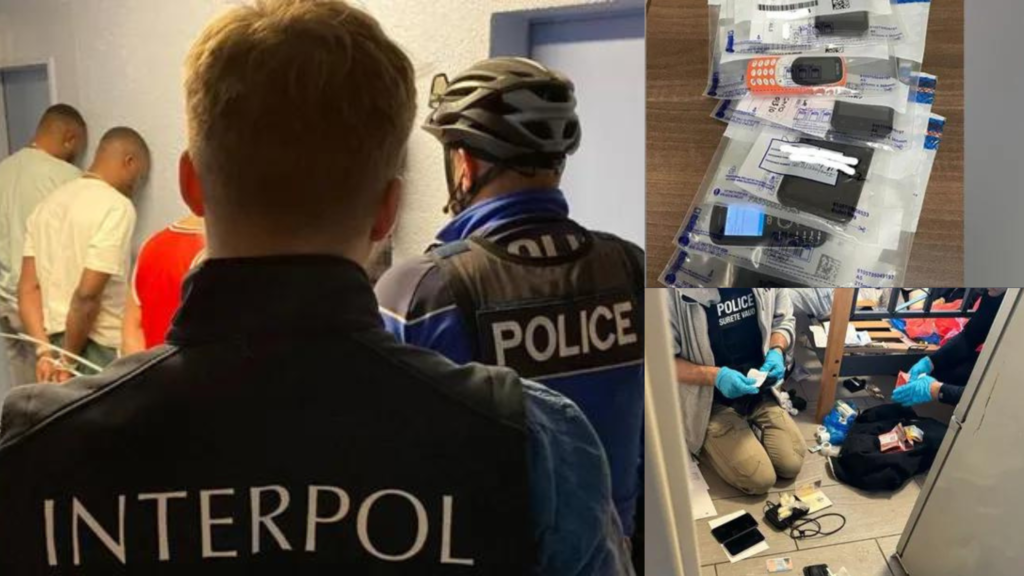Police forces around the world have come together in a major effort to tackle one of West Africa’s most dangerous criminal networks. Between April and July 2024, law enforcement carried out raids in 21 different countries as part of Operation Jackal III. This global crackdown, coordinated by Interpol, led to the arrest of 300 individuals connected to the Nigerian mafia and similar groups.
Interpol, the global policing agency, described the operation as a significant blow to the Nigerian crime network. However, they also warned that the group’s international reach and advanced use of technology still pose a global threat.
Back in 2017, Canadian authorities exposed a money-laundering scheme linked to the Nigerian mafia that was worth over $5 billion. According to Tomonobu Kaya, a senior official at Interpol’s Financial Crime and Anti-Corruption Centre, these criminal syndicates are highly organized and quick to adopt new technologies. This has made it easier for them to carry out large-scale online scams and other financial crimes.
A 2022 Interpol report revealed that the Nigerian mafia and similar groups are behind a significant portion of the world’s cyber-enabled financial fraud. The rise of money-transfer software and cryptocurrencies has further empowered these groups, allowing them to move money around the globe with ease.
Operation Jackal III had been planned for years and resulted in the seizure of $3 million in illegal assets and the freezing of more than 700 bank accounts. Many of the members of these criminal groups are university-educated and often recruited during their time in school. The Nigerian mafia, known for its involvement in trafficking, prostitution, and even killings, now generates most of its revenue from cybercrime.
Since 2022, multiple “Jackal” operations have been conducted to target these criminal networks. These operations have led to the arrest of many gang members and the seizure of their electronic devices, helping Interpol build a comprehensive intelligence database that is now shared with law enforcement in 196 countries.
Despite these successes, some experts argue that more focus should be placed on prevention rather than just arresting members of these criminal groups. Dr. Oluwole Ojewale, West Africa Regional Coordinator from the Institute for Security Studies, emphasized that the root causes of these syndicates in West Africa must be addressed.
Nigeria, one of Africa’s largest economies, remains the main recruitment ground for the Nigerian mafia. The country faces widespread poverty, with around 87 million people living below the poverty line, which contributes to the growth of these criminal networks. Interpol has been conducting training exercises with Nigerian police and other key stakeholders to combat these issues. However, corruption and alleged collusion between the mafia and local authorities remain significant challenges.
The origins of Interpol’s Jackal Operations can be traced back to Ireland, where a 2020 police operation exposed a much larger criminal network than initially expected. Irish police have since identified 1,000 people connected to the Nigerian mafia in Ireland and made hundreds of arrests for fraud and cybercrime.
With the rise of cryptocurrency, which can be quickly transferred between digital wallets worldwide, the Nigerian mafia’s money-laundering operations have become even more sophisticated. In response, Interpol has introduced new technology to combat these innovations, including the Global Rapid Intervention of Payments system (I-GRIP). This system allows authorities to freeze bank accounts across borders quickly, as seen in a recent case where a $40 million scam targeting a Singaporean business was stopped.
Interpol’s efforts to gather and share intelligence on the Nigerian mafia and other West African syndicates are ongoing. By collecting and analyzing this data, law enforcement agencies worldwide aim to take more effective action against these dangerous criminal networks.










